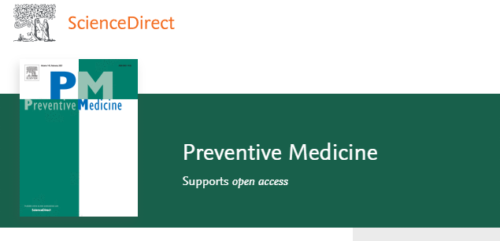Age, Mental Health & Alcohol Use During COVID-19

Older people may feel more anxious about COVID-19 than their younger counterparts.
Two new surveys by Preventive Medicine (Volume 145, April 2021, 106422), “aimed to examine whether age modified the association of anxiety and depressive symptoms with alcohol use during the COVID-19 pandemic”. Almost six-thousand people in the U.S. responded to their online questionnaires.
Age, Mental Health and Alcohol Use
29% of respondents said they had increased alcohol use during COVID-19. And 64% of those with anxiety and depression had a greater incidence of increased alcohol use. But, age was also a mitigating factor.
- Younger respondents (18 – 39) had the highest report of increased alcohol use regardless of mental health status.
- Older respondents (40–59 and >60 years) reported increased drinking was much greater when symptoms of anxiety and depression were also present. Why? Older age increases the risk of mortality and morbidity with COVID-19 (CDC COVID-19 Response Team, 2020). In that regard, older people may feel more anxious about COVID-19 than their younger counterparts. Also, research indicates that older adults are most vulnerable to alcohol misuse when lonely or isolated.
Response to Findings
Outreach efforts, treatment, and telehealth programs should focus on those who are most vulnerable to COVID-19. This includes specialized programs for both younger and older adult age groups. Also, proactive contact to those with existing mental health and substance use conditions, who may have their symptoms exacerbated by COVID-19.
These findings warrant age-differentiated public health messaging on the risks of excessive alcohol use and scale-up of substance use services for middle-aged and older adults with symptoms of depression and anxiety.
For the Entire Survey Click Below:
Increased alcohol use during the COVID-19 pandemic: The effect of mental health and age in a cross-sectional sample of social media users in the U.S.




